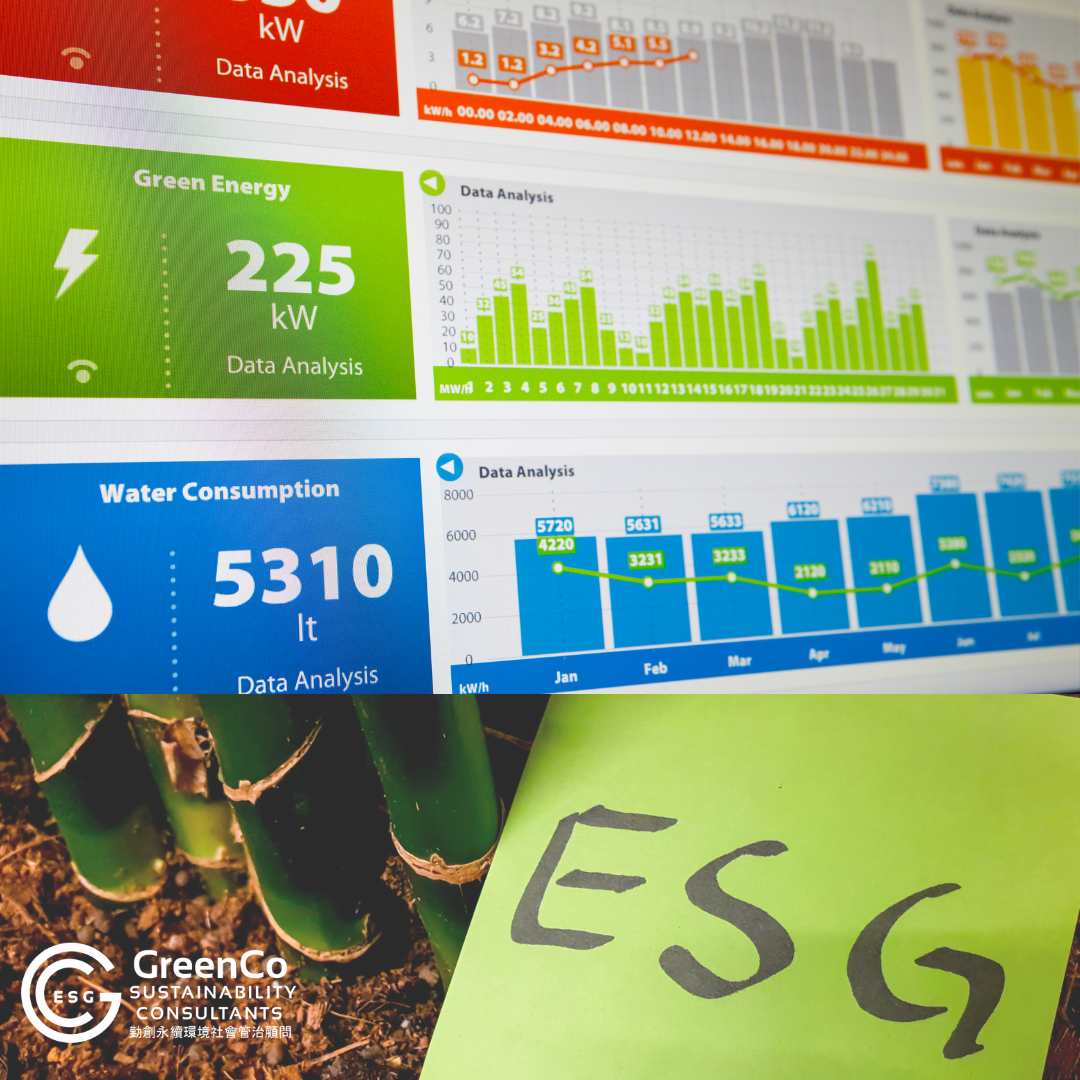GreenCo Helps You Navigate the Climate Disclosure Journey (Part 2)
Given our rich experience in preparing climate-related disclosures for our clients, our professional team can assist companies in navigating the climate-related disclosure journey by providing tailored services depending on your disclosure readiness and experience, adopting a Phased Approach.








